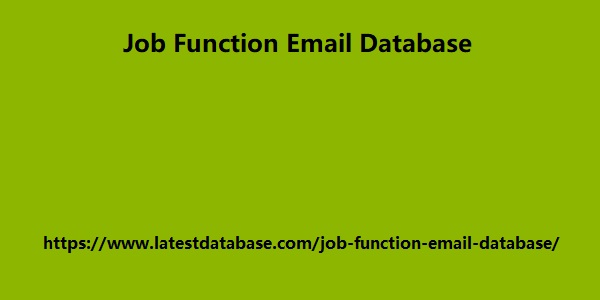Post by account_disabled on Feb 25, 2024 2:28:24 GMT -5
Along with taxes and surcharges that have long been among the highest in Europe, companies like yours now face high energy costs and a workforce that works among the shortest hours in the OECD. "No one works less than the Germans," he said, adding that the quality of candidates for his apprenticeship scheme is "far below what we had 10 years ago." German industry has gone from being the powerhouse of the European economy to one of the worst performers in the region after a series of shocks, including the disruption of global supply chains by the pandemic and the energy crisis unleashed by the invasion of Ukraine by Russia. These setbacks have compounded longer-standing structural problems, including labor shortages, rising barriers to trade, increased bureaucracy, and a lack of investment in transportation, education, and digital infrastructure.
Industrial production in the country fell 2.1 percent in July from a year earlier. This extended a decline that has reduced the sector's output by 12.2 percent since the beginning of 2018. Germany's most energy-intensive sectors Job Function Email Database have suffered an even larger drop of 20 percent. “There is a cyclical slowdown. On top of that, there are structural problems,” said Clemens Fuest, president of the Ifo Institute in Munich, one of Germany's main economic research bodies. "This is the combination that leads to the pessimism we see today." Economists like him worry that the industrial fabric of Europe's largest economy risks being slowly devoured as more companies move production and investment abroad. Consequently, Winkler told the Financial Times that Heller planned to reduce dependence on Germany and increase its presence in Asia and the United States.

The maker of machines for crankshafts, a vital component of petrol and diesel engines, even plans to expand its British headquarters in the Midlands town of Redditch, despite Brexit complications, due to its “great competitive advantages” in cheaper labor costs compared to its headquarters in Nürtingen. Others are taking similar steps: Figures from the German Chamber of Commerce and Industry find that almost a third of companies surveyed favored overseas investment over domestic expansion. “I don't want to speak badly about Germany, but everything here seems a little tired,” says Gert Röder, who is the sixth generation of his family to run a 208-year-old aluminum foundry in Soltau, Germany. the North. Bar chart of average hours worked per worker, 2022 showing that Germans work fewer hours than staff in other industrialized nations Most of its investments this year would go to an existing factory in the Czech Republic, which - unlike Germany - has chosen not to phase out nuclear power, lowering energy costs somewhat.
Industrial production in the country fell 2.1 percent in July from a year earlier. This extended a decline that has reduced the sector's output by 12.2 percent since the beginning of 2018. Germany's most energy-intensive sectors Job Function Email Database have suffered an even larger drop of 20 percent. “There is a cyclical slowdown. On top of that, there are structural problems,” said Clemens Fuest, president of the Ifo Institute in Munich, one of Germany's main economic research bodies. "This is the combination that leads to the pessimism we see today." Economists like him worry that the industrial fabric of Europe's largest economy risks being slowly devoured as more companies move production and investment abroad. Consequently, Winkler told the Financial Times that Heller planned to reduce dependence on Germany and increase its presence in Asia and the United States.

The maker of machines for crankshafts, a vital component of petrol and diesel engines, even plans to expand its British headquarters in the Midlands town of Redditch, despite Brexit complications, due to its “great competitive advantages” in cheaper labor costs compared to its headquarters in Nürtingen. Others are taking similar steps: Figures from the German Chamber of Commerce and Industry find that almost a third of companies surveyed favored overseas investment over domestic expansion. “I don't want to speak badly about Germany, but everything here seems a little tired,” says Gert Röder, who is the sixth generation of his family to run a 208-year-old aluminum foundry in Soltau, Germany. the North. Bar chart of average hours worked per worker, 2022 showing that Germans work fewer hours than staff in other industrialized nations Most of its investments this year would go to an existing factory in the Czech Republic, which - unlike Germany - has chosen not to phase out nuclear power, lowering energy costs somewhat.
